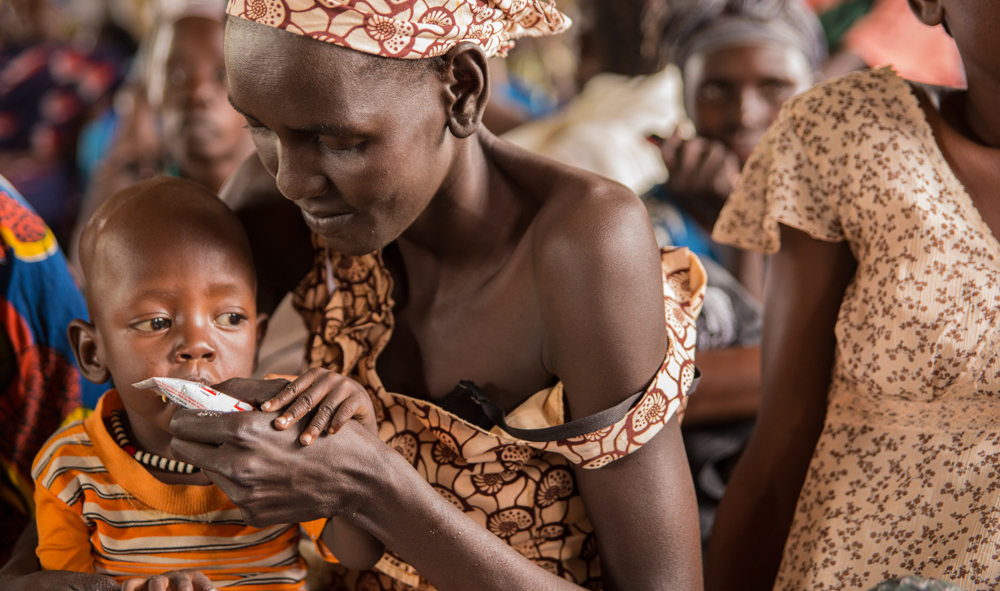Not less than 4.3 million people in Nigeria’s Borno, Adamawa and Yobe states are suffering from severe hunger, according to the United Nations (UN) top humanitarian official, Mr. Matthias Schmale. This is even as only 25% of the US$1.3 billion in humanitarian funding, needed for the region, has been secured so far. Schmale revealed this to journalists in Geneva, stating that the number of children under five, at risk of life-threatening severe acute malnutrition, had doubled in one year to reach 700,000. Describing the situation in Northeast, Nigeria, Schmale said: “I have been to Borno and the other two states several times.
“I’ve seen mothers fighting for the lives of their malnourished children in nutrition stabilisation centres. Those of us, who are parents, must imagine what it’s like when you cannot ensure your children have enough to eat”, he said. He went further to associate the unfortunate situation to over one decade-long decade of insecurity linked to non-state armed groups, which have hindered people from farming and earning income from the land. Schmale also referred to climate change and extreme weather impacts, soaring prices of food, fuel and fertilizers as contributory factors to the unfortunate situation.
This is a pointer to the fact the President Bola Tinubu-led administration had to gear up, not just with formulating policies, but executing holistic intervention plans to mitigate the adverse effect of climate change on agricultural productivity; implementing targeted nutrition programmes for the vulnerable as well as implement fair pricing mechanisms for agricultural produce and other essential commodities with consistent monitoring and evaluation in order to enhance food security for a healthy Nigerian population.



